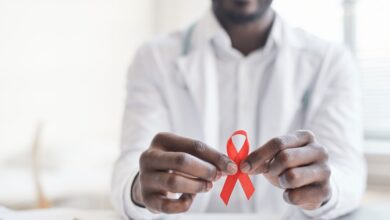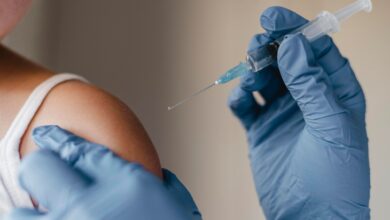Tips to drink more water in a day

Everyone has heard the advice, “Drink 8-ounce glasses of water a day.” That’s about 1.9 liters, which isn’t that different from the Institute of Medicine recommendations. Although the “8 by 8” rule isn’t supported by hard evidence, it remains popular because it’s easy to remember. Just keep in mind that the rule should be reframed as: “Drink at least 8-ounce glasses of fluid a day,” because all fluids count toward the daily total not only water.
Health benefits of water
Water is your body’s principal chemical component and makes up about 60 percent of your body weight. Every system in your body depends on water. For example, water flushes toxins out of vital organs, carries nutrients to your cells and provides a moist environment for ear, nose and throat tissues.
Lack of water can lead to dehydration, a condition that occurs when you don’t have enough water in your body to carry out normal functions. Even mild dehydration can drain your energy and make you tired.
Splurge on the perfect reusable water bottle. Whether it’s your favourite colour or a unique design, the more you bond with your bottle, the less likely you’ll be to lose it. Slap an inspirational sticker or image onto it, or even write on it with a permanent marker. Now you’re ready to drink from it throughout the day—don’t forget to refill it as soon as it’s empty.
Sip up
Gulping all that water can seem daunting. So get a package of straws to slowly sip it instead. You can even pick up a water bottle with built-in straw.
Become a taster
Think of water drinking like wine tasting. Taste the various brands and types of bottled waters available (sparkling, spring, mineral, vitamin-enhanced, reverse osmosis, filtered, fruit-flavoured, etc). Be sure to read the labels as some “waters” have significantly added calories. Many bottles of water contain two to three cups of water.
Drink water while doing your activities
Keep your water bottle next to you every time you studying or working, or buy a package of bottled water to keep in the car or bag. Think about other places you can stash some water bottles like under your desk.
Drink your vitamins
Create your own vitamin drink. Consider combining your water with your vitamin supplements, if you take any. There are several powdered vitamin supplements that are designed to be mixed with water. Some contain little to no calories too. If you prefer to take vitamins in tablet form, then promise yourself to drink at least one whole cup of water every time you take them.
Set a glass of water during super just like restaurants do. Don’t think about drinking it all—just place it there. By sipping water between every few bites, will slow you down and enjoy your meal more, while also meeting your water needs, to the couch, in your purse, and more.
Eat water foods
Eat water rich foods, such as fruits like watermelon, which is 92% water by weight. Blend up some seedless fresh watermelon flesh with some ice and place a few sprigs of mint (optional) – one of the most refreshing drinks, especially for the summertime. Cranberry juice is also another option, and has a bitter taste. Patients suffering from urinary infection caused by insufficient intake of water should drink cranberry juice and eat watermelon if not plain water every day. A tomato is 95% water. An egg is about 74% water.
Keep cold water
Keep water cold if it tastes better for you. Keep a pitcher of water in the refrigerator at home. Add ice or freeze water in a sports bottle before taking it with you, it will eventually melt and stay cold. Bear in mind that cold water takes energy for your body to regulate the temperature, and does burn some calories. Room temperature water is better if you’re dehydrated. Your body can absorb the room temperature water immediately, instead of the body having to raise the temperature of the water first in order to process it.
Don’t become dehydrate
Climate can drastically change how much water you need. On hot days that require you to be outside, you should drink more water to counteract the fluids you lose when you sweat. This not only keeps your body hydrated, it can prevent heat-related illness. Just as important (but often overlooked) is consuming enough fluids in cold & wet conditions. The human body works much more efficiently when properly hydrated. Inadequate water intake affects the brain’s function first, which can become very dangerous especially in extreme conditions.




